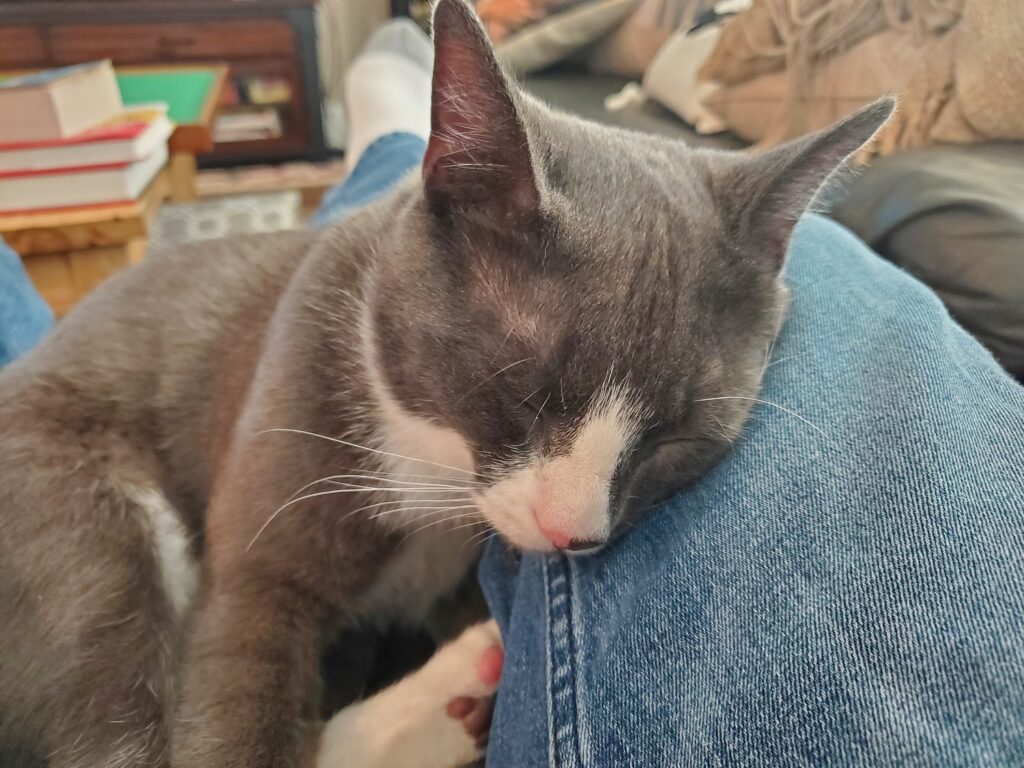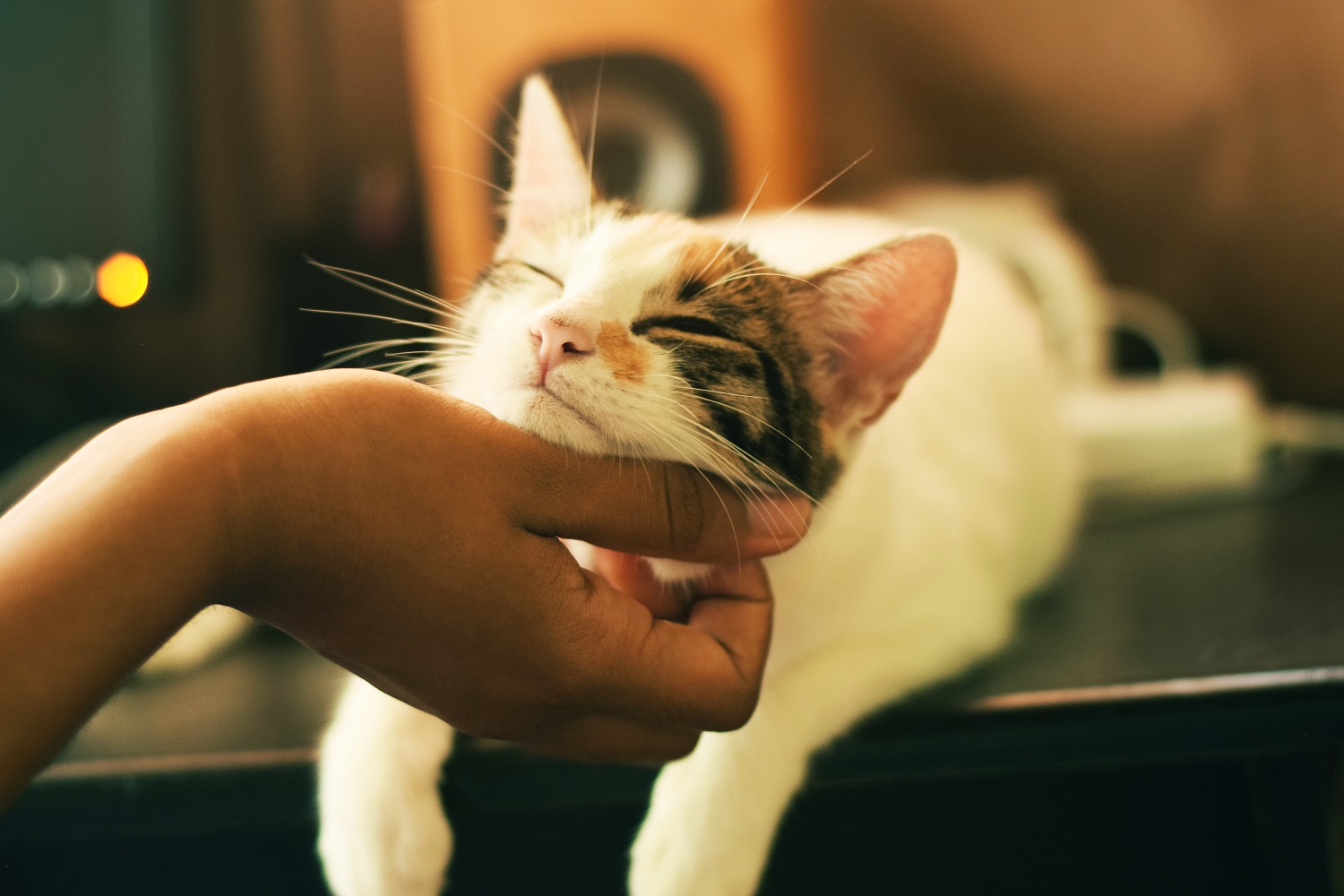Kittens are cute, cuddly, and occasionally feral little weirdos. If you’ve ever tried to pet a hissing puffball that acts like you owe it money, you already know: socializing a kitten is both an art and a science.
Whether you’re raising a singleton or wrangling an entire litter of toe-biters, this guide will help you turn your tiny tornado into a confident, well-adjusted feline.
Why Socializing Matters
Just like people, kittens learn how to interact with the world during their early weeks. The critical socialization window is between 2 and 9 weeks of age, when kittens are most open to new experiences.
A well-socialized kitten is more likely to:
- Be friendly and relaxed around humans
- Tolerate handling (like vet visits and nail trims)
- Get along with other pets
- Grow into a confident adult cat instead of a couch gremlin
Start with Gentle Human Contact
If your kitten is still young, start slow:
- Talk softly and move gently.
- Offer your hand to sniff before petting.
- Use treats or wet food to build positive associations.
Avoid swooping in like a hawk. You’re not a predator (hopefully), so don’t act like one.
If your kitten is shy, let them come to you. Respect goes a long way, even with a 2-pound furball.
Introduce New People
Once your kitten is comfortable with you, introduce them to other humans. Try:
- A friend with a quiet voice and calm demeanor
- Different ages, sizes, and appearances (yes, glasses and hats matter!)
- Short, positive interactions with rewards
This helps your kitten learn that the world is full of different humans, and most of them aren’t terrifying.
Expose Them to Common Household Sounds
Your kitten will eventually have to deal with the horrors of:
- Vacuums
- Blenders
- Hairdryers
- The dreaded doorbell
Start small. Play sounds at low volume, then gradually increase. Give treats, play, or affection during and after exposure so they associate noise with good things.

When I was little, I had to get used to my new humans always wanting to pet and snuggle me. How annoying! Having grown up on the mean streets of Riverside, this was just too much. Now that I’ve gotten Mom and Dad trained a little bit though, I’ll let them cuddle me once in a while. But only because it makes them happy. #KittenSacrifices #KittyLife #WhatWeDoForOurHumans
Winston
Handling, Grooming, and Crate Time
Gently handle your kitten’s:
- Paws
- Ears
- Mouth
This makes future grooming and vet care way less dramatic. Also introduce brushing, nail trims, and short crate sessions while they’re young. Go slow, use treats, and never force it.
Bonus tip: occasionally place them in a carrier without going to the vet. It’s a revolutionary concept.
Meet Other Pets (Cautiously)
If you have other animals, introduce them gradually and supervised:
- Start with scent swapping (blankets or toys)
- Use a baby gate or cracked door for initial visuals
- Keep sessions short and sweet
Never leave a new kitten alone with another pet until you’re 100% sure it’s safe. (Translation: not for a while.)
Play, Play, and More Play
Interactive play is the magic sauce of socialization. Use toys like feather wands or mouse teasers to:
- Bond with your kitten
- Build confidence
- Channel those zoomies into something productive
Bonus: a tired kitten is a well-behaved kitten.
What NOT to Do
- Don’t force interaction. You’ll just scare them and set things back.
- Don’t punish. Hissing, hiding, or scratching are normal fear responses. Stay patient.
- Don’t skip the vet. Rule out health issues if your kitten is unusually aggressive or fearful.
Final Thoughts: Raise a Confident Cat, One Paw at a Time
Socializing a kitten isn’t about turning them into a lap cat (though that’s a nice bonus). It’s about giving them the confidence to live a happy, low-stress life with their humans and surroundings.
Be patient, stay consistent, and don’t forget to celebrate the little wins, like the first time your kitten doesn’t hiss when you blink at them.
You’ve got this. And if you don’t? That’s what cat treats are for.
Sources:
– Cornell Feline Health Center – Kitten Socialization (https://www.vet.cornell.edu/departments-centers-and-institutes/cornell-feline-health-center/kitten-care/socializing-kittens)
– ASPCA – Socializing Feral Kittens (https://www.aspca.org/helping-people-pets/animal-homelessness/community-cat-programs/resources/socializing-feral-kittens)
– VCA Hospitals – Kitten Behavior and Training (https://vcahospitals.com/know-your-pet/kitten-behavior-and-training)
– PetMD – How to Socialize a Kitten (https://www.petmd.com/cat/behavior/how-socialize-kitten)
– International Cat Care – Kitten Development and Socialization (https://icatcare.org/advice/preparing-your-kitten-for-life/)
Recent Posts
Your Cat Might Be a Furry Little Healer… or at Least a Fuzzy Alarm System If you’ve ever had your cat suddenly become extra clingy when you’re under the weather, you’re not alone. From...
Cats are experts at hiding things, socks under furniture, their disdain for your playlist, and, unfortunately, symptoms of illness. In the wild, showing weakness could make them a target, so even...


